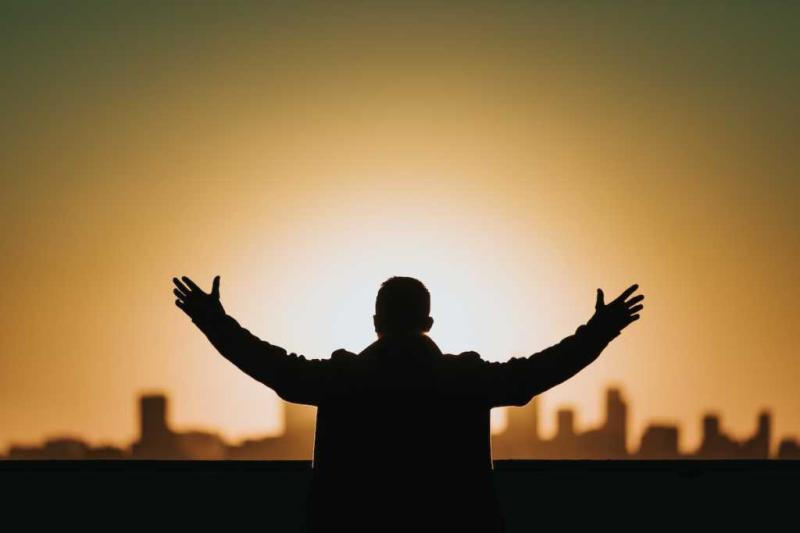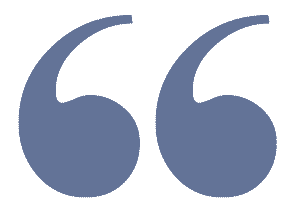Prayer in a Pandemic: What’s the Point? A Response to Atheist’s Viral Post – Faithwire



Photo by Nathan Dumlao/Unsplash By Tr© Goins-Phillips Editor
April 2, 2020
Perhaps not since 9/11 have people been so gripped by the problem of evil ' the seemingly conflicting coexistence of God and suffering. For some, the ongoing coronavirus pandemic has called into question the presence of a Creator, because why would He allow such pain and tragedy in this world? But I'm convinced it's Christianity that offers the best response to that difficult question.
There's one tweet in particular that has gotten a lot of traction over the last couple days. Showing a steep climb in the number of COVID-19 cases and deaths in the U.S., Ali Rizvi suggested prayer just doesn't work.
Just sayin'. pic.twitter.com/DNflOrRXYF
' Ali A. Rizvi (@aliamjadrizvi) March 30, 2020
Others, like CNN anchor Chris Cuomo, who has tested positive for COVID-19, have pondered aloud what value prayer has if it's not accompanied by action ' and he's right: Scripture tells us faith without works 'is dead' (James 2:17). If we believe, as we say we do, in the value of human life, in the authority God has given us as His image bearers, we have a responsibility to take ownership of the trials we face. This coronavirus is no different.
But to assume, as Rizvi does, that prayer is pointless reveals a fundamental misunderstanding of the faith.
Nevertheless, it's an age-old question. In the Old Testament, the prophet Habakkuk asked: 'How long, Lord, must I call for help, but you do not listen? Or cry out to you, 'Violence!' but you do not save? Why do you make me look at injustice? Why do you tolerate wrongdoing? Destruction and violence are before me; there is strife and conflict abounds.'
Faith is trusting when proof isn't present, when tangible evidence is fleeting.
Coronavirus Is 'Revealing a Lot About Our Faith': American Missionary Stays in Haiti as Others Flee
The author of Hebrews 11:1 described it this way: 'Faith is the confidence in what we hope for and assurance about what we do not see.'
The apostle Paul wrestled with this every issue himself. In 2 Corinthians 4:17, though, he determined: 'For our light and momentary troubles are achieving for us an eternal glory that far outweighs them all.' He understood this life is 'a vapor' that's here today and gone tomorrow (James 4:14) and whatever experiences define this moment pale in comparison to the ultimate value of knowing God eternally, which is the true joy of our existence.
To suggest our prayers aren't having the immediate result we deem to be correct is the ultimate show of arrogance. God operates outside time and space, so proof of the good, ultimate value in God's allowance of things ' like this coronavirus pandemic ' might not be seen even in our lifetimes.
Philosopher and theologian William Lane Craig explained:
To borrow an illustration from a developing field of science, Chaos Theory, scientists have discovered that certain macroscopic systems, for example, weather systems or insect populations, are extraordinarily sensitive to the tiniest perturbations. A butterfly fluttering on a branch in West Africa may set in motion forces which would eventually issue in a hurricane over the Atlantic Ocean. Yet it is impossible in principle for anyone observing that butterfly palpitating on a branch to predict such an outcome. The brutal murder of an innocent man or a child's dying of leukemia could produce a sort of ripple effect through history such that God's morally sufficient reason for permitting it might not emerge until centuries later and perhaps in another land. When you think of God's providence over the whole of history, I think you can see how hopeless it is for limited observers to speculate on the probability that God could have a morally sufficient reason for permitting a certain evil. We're just not in a good position to assess such probabilities.
It's possible, too, our prayers aren't about immediate outward changes (though sometimes they are) but inward restorations. Rather than asking God why He's allowed something, perhaps our job is to determine what we can do in the midst of it.
The Western church, for example, is used to meeting on Sunday mornings in buildings all across the country. Now, we're having to find new and different ways to minister to one another, often through technology. Instead of having access only to the people who fill the pews on Sundays, pastors and worship leaders in California streaming their services online now have to opportunity to speak truth to a struggling single mother in North Dakota who's at her wits' end. Young, healthy Christians today have the chance to go pick up groceries for the elderly, at-risk neighbors they've seen but never met. Though we can't meet face-to-face, we all have quite a bit more free time on our hands, so we can catch up with that friend or family member we haven't spoken to in weeks, months, or maybe years. New data from the Pew Research Center has shown more than half of all adults in the country (55%) are praying to God for the coronavirus epidemic to end. That includes the 86% of Americans who already pray regularly, as well as 15% who said they pray rarely but have turned to God during this crisis.
'I Felt the Power of God Hit': Hospitalized Man with COVID-19 Couldn't Breathe, Then God 'Breathed Within Me'
Even an MSNBC host asked the Rev. T.D. Jakes to pray for the country during a live television broadcast the other day. 'For folks who aren't able to get to church yesterday, I've never actually done this on the air: can you lead us in prayer for 30 seconds?' asked anchor Craig Melvin.
'Our Father and our God, we bow our heads to you in humility, understanding that we are not competent in and of ourselves to handle this kind of global calamity,' prayed Jakes. 'We look to You, Lord, to be the source, the strength, the help, the light that we need, strengthen our first responders, strengthen even our broadcast people, strengthen all of us whose lives have been devastated and disrupted and give us the peace that passes all understanding. In Christ's name we pray, amen.'
People are desperate for hope right now, and Christians know the ultimate Hope. Evil exists, but there is an ultimate good for those who know Jesus Christ. This pain may last for a night, but 'joy comes in the morning' (Psalm 30:5).
